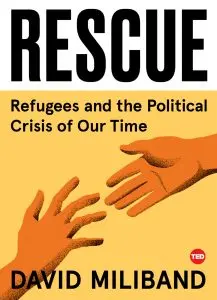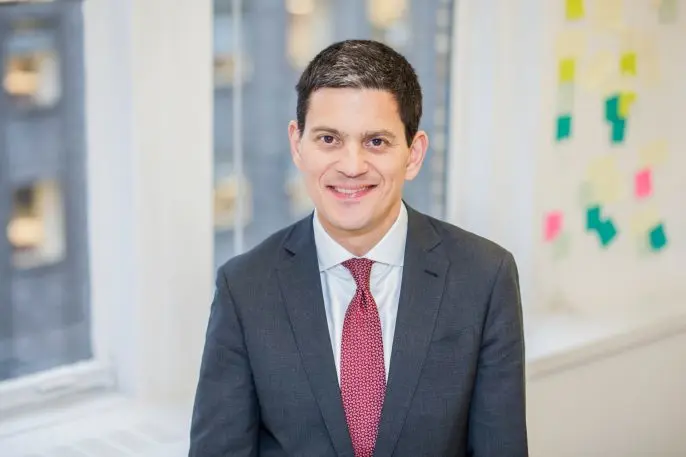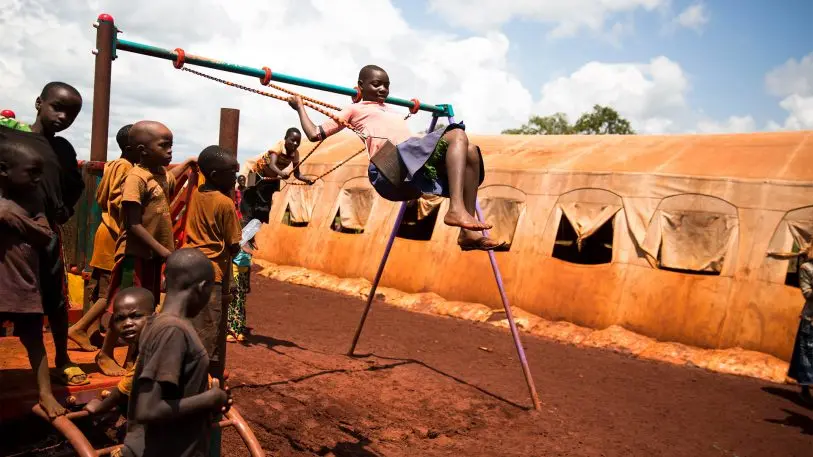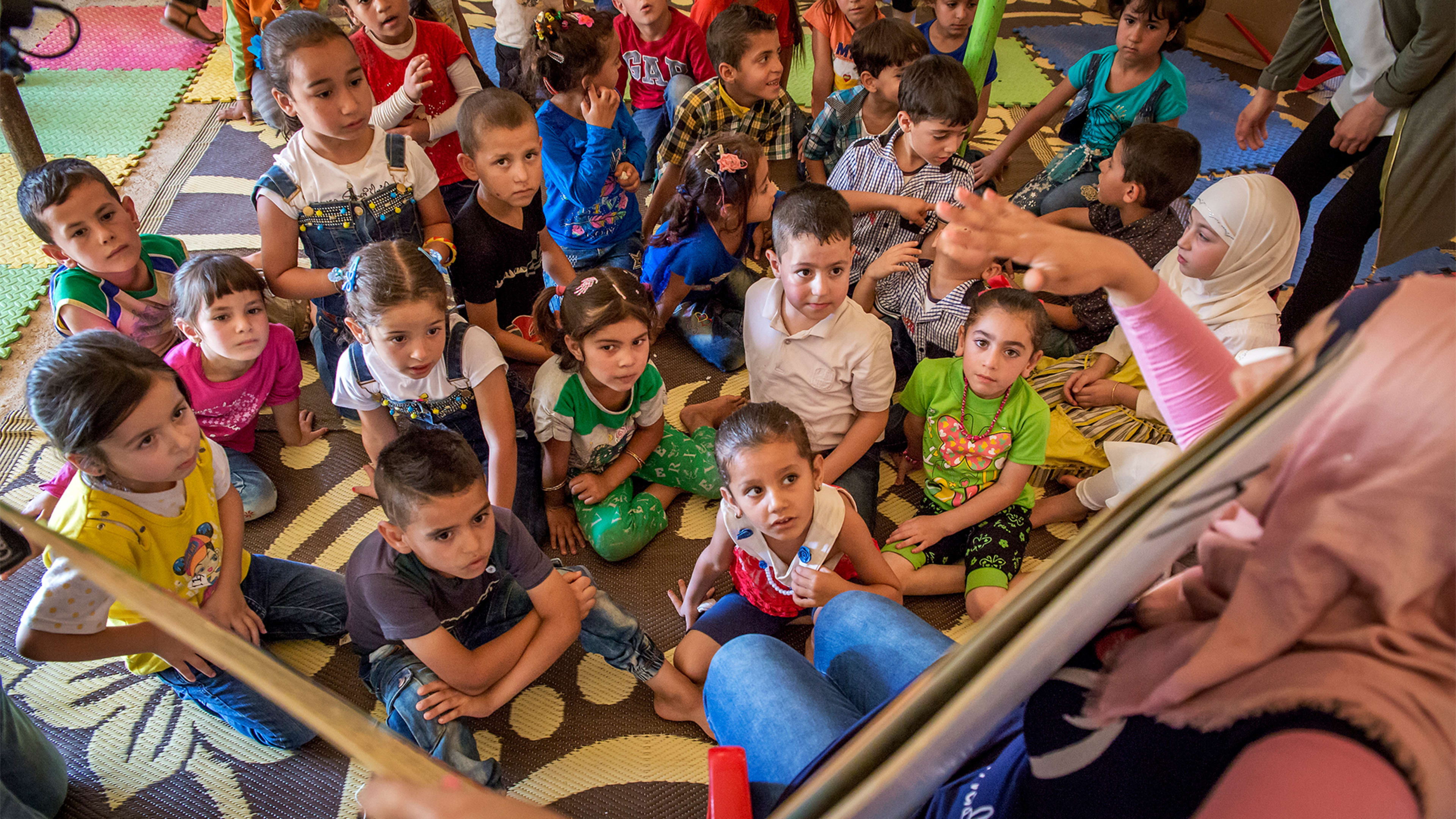“The biggest obstacle we face in the refugee crisis is not the scale of the problem but the sapping, nagging fear that we can’t make a dent,” David Miliband, head of the humanitarian aid organization the International Resuce Committee (IRC), writes in a new book from TED Books called Rescue: Refugees and the Political Crisis of Our Time. “It is easy to feel that the issue is too large, too complex, too far gone to make a difference.”

To get there, the aid world will have to change. Miliband makes the case that our assumptions about refugees are often outdated or flawed. Most don’t live in refugee camps, but in cities. Most are displaced not temporarily, but for years–sometimes decades. Most flee to neighboring, often poor countries, not places like Europe or the U.S. Most are women and children. Just keeping people alive with basic necessities, and not fully addressing needs like education or work, is not enough.
“We’re dealing with a long-term set of problems, not short-term, and so we need instruments, we need interventions, that are on the same scale and length as the nature of the problem,” Miliband tells Fast Company. “So running an aid system on short-term grants doesn’t work.”
Aid organizations also need to focus on the same goals. “We need to be focusing on protecting women and kids,” he says. “We need to be focused on raising the quality of health. We need to be getting adults into employment. We need to be getting kids into school. And for displaced communities, refugees, and displaced people around the world, we need all the different NGOs, UN donors to be aiming at a more limited set of goals. To take, for example, education seriously would be a revolution in the aid world, because at the moment less than 2% of foreign funding goes on education.”

As he travels, Miliband says that seeing the right interventions work makes him optimistic. “I think that it’s my experience of seeing people change their lives around the world, through the work that the IRC does, that gives me real confidence that children can bounce back from the trauma of displacement, that adult refugees can get into work in developing countries, that refugees can be integrated into American life and make themselves successful,” he says. “Those are things that, in a way, inspired me to write the book.”
Of course, aid organizations alone can’t solve the problem. One section of the book lays out the case for why everyone should care about the refugee crisis–because of basic human values like empathy, and what it says about a country like the U.S. as a nation, and for more pragmatic reasons, like the fact that not addressing the problem leads to more instability.

The book also lays out what individuals can do; in the U.S., for example, you might volunteer to help newly arrived refugee families learn how to ride the bus or speak English, and pressure representatives to support more resettlement; businesses can start programs to hire refugees.
If interest in the refugee crisis is greater now than it has been in the past–driven partly by the wave of asylum seekers in Europe–Miliband says that a focus on solutions can keep people engaged in wanting to help.
“I think the big thing is for the organizations like ours to show that we’re in the solutions business, not just in the suffering business,” he says. “Every refugee who successfully integrated into American life becomes an advocate for refugees as a whole. Every successful program to get welfare to work done right in Jordan for Syrian refugees–one of the things we work on–tackles the cynicism that says these problems are so big that they can’t be solved.”
Recognize your brand’s excellence by applying to this year’s Brands That Matter Awards before the early-rate deadline, May 3.
